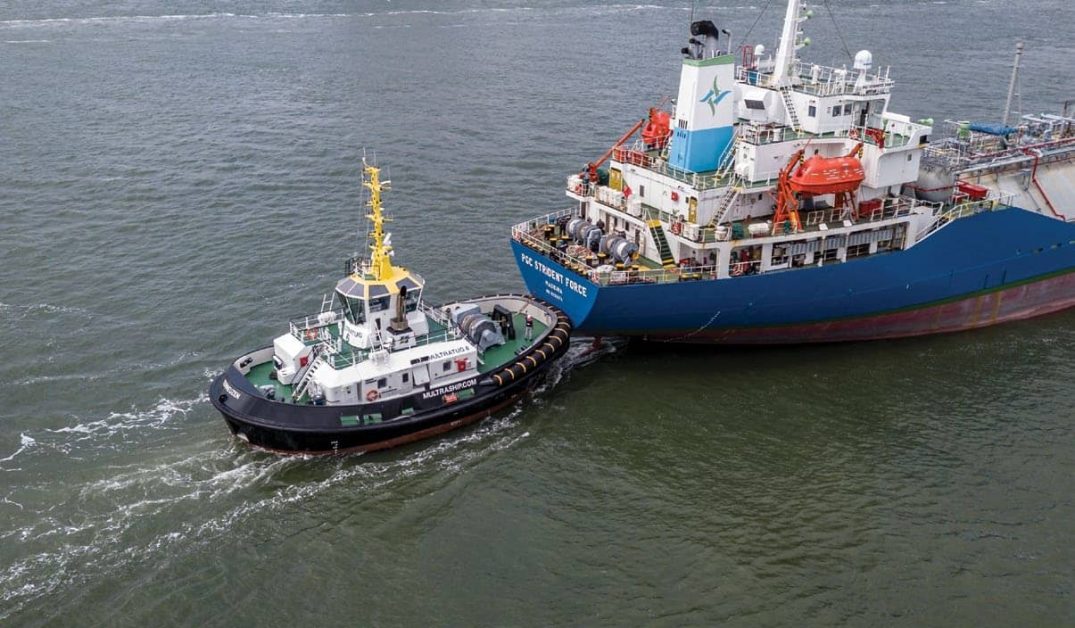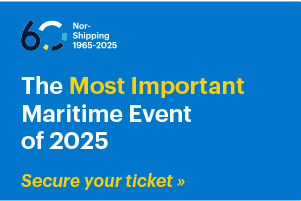As they transform into full-fledged landlord ports, the government looks to outsource tugboat services. The plan will be modelled on the Uber/Ola ride hailing service where customers can pick the service provider they want to hire. We want to create that ecosystem in tugboat services, says Bhushan Kumar, a joint secretary in the Ministry of Ports, Shipping, and Waterways
The Ministry of Ports, Shipping and Waterways is exploring a ‘Uber-like model’ for opening up pilotage and towage services provided by tugboats at major ports, as the government moves to outsource yet another aspect of port operations with State-owned ports transforming into ‘landlords’ under the new Major Port Authorities Act.
“We are exploring that model using the public-private-partnership route; it is at a conceptual stage,” said Bhushan Kumar, a joint secretary in the Ministry of Ports, Shipping and Waterways.
The plan involves permitting multiple players or licensees to own and operate tugs, leaving the choice to the shipping companies/lines calling at a port to hire the entity that offers the best rates and services on pilotage and towing, Kumar told ET Infra.
This is the model followed by ports globally for pilotage and towing services.
Typically, each ship requires some 2-3 tugboats – depending on the type of ship, cargo, and the volume of business – to guide them into the port’s berth for unloading and loading cargo.
Currently, major ports or those owned by the Union government provide tug services to visiting ships, using a mix of tugboats owned by them (miniscule numbers) or hired from the market. The private tug owners are paid rates determined through a competitive bidding process with the entity quoting the lowest rate getting the deal for 3-5 years.
Major ports prefer to hire tugboats from the market instead of investing in these crafts as this arrangement also takes care of manpower required to operate them given the acute shortage of port employed pilots. As a result, ports provide pilotage and towage services using, mainly, hired tugboats.
Pilotage and towage services are a key component of the vessel related charges or marine charges collected by ports from ships. The vessel related charges comprise port dues, berth hire and pilotage and is the main revenue source for ports.
The vessel related charges levied by major ports are higher compared to global ports.
“We should not be dependent on one tug operator (which is now the respective major port), and we should not be involved in all these activities. Now ports are providing tugboat services and they have their own limitations. Since they are moving into full-fledged landlord ports, we want to outsource and open this up. It’s like the Uber or Ola model where the customers can pick the service provider they want to hire. We want to create that ecosystem in tugboat services,” Kumar said.
The government, according to Kumar, will “try to protect” the revenue earned by major ports from vessel related charges while outsourcing the task.
“We will try to protect those revenues and if the port revenue comes as part of the license fee, then it is between the shipping line and the tug operator. They have to maintain a minimum fleet, that way, I think, the vessel related charges at major ports will come down, competition will increase, performance will increase, services will be better with the right deployment of tugs and local shipyards will also get more orders for building tugs. This is the concept we are working on, to open tug services through PPP,” he said.
In 2020, the Ministry directed major ports to procure or charter tugboats that are built locally to align with the Atmanirbhar Bharat and Make in India initiatives.
The license for tug operations is likely to be sold through a competitive bidding process for a period of 15-20 years to ensure the operator has sufficient time to recover investments along with returns.
The financial parameters to decide the license is expected to include fixed and variable components.
“Ports are dependent on the vessel related charges,” Kumar said. “If a port is currently earning, let us say, Rs100 crores a year from pilotage and towing services, that should be protected. So, that Rs100 crore, I can divide into three licenses or at least 70 percent of that should come through license fees. Over and above, there can be a revenue share based on per ship call. This is the concept we are working on,” he said, adding that the license fee structure is yet to be decided.
The challenge before the Ministry, though, is to analyse the data from other countries and learn from their experience of opening tugboat services.
“That is what we are studying but limited data is available, and we are trying to gather more data,” Kumar added.
“There is nothing wrong in introducing this model for tugboat services,” said the deputy chairman of a major port. He, however, said that dredging works should also be made a part of the licensing deal.
“Otherwise, the blame game will start. The tug operators will blame the lack of water depth for any mishap involving ships, while the port authorities will hold the tug operators responsible for the incident,” he said.
“Licensing of marine related activities should be carried out without compromising the safety of vessels calling at major ports. Hence, dredging works should also be bundled into it to ensure there is single point accountability,” he added.








